Mozambique is emerging as a key player in the global energy landscape, with a rich reserve of natural resources, including natural gas and renewables. As the world shifts towards cleaner and more sustainable energy, Mozambique is positioning itself at the centre of this transformation, ensuring its energy projects are both ready and fully implemented to meet the growing demands of domestic, regional and the global market.
At COP28 in Dubai, H.E. President Filipe Nyusi said, “Mozambique’s $80 billion energy transition strategy will leverage the country’s vast renewable resources to position the country as a sustainable investment destination and deliver energy to its people.”
President Nyusi went on to share that while transitioning to a decarbonised future, Mozambique must continue to grow and meet the needs of the half of its population that does not have access to electricity. Therefore, the strategy’s mission is to leverage Mozambique’s abundant renewable and natural resources to accelerate the trajectory of low-carbon socio-economic development.
Hon. Carlos Zacarias, Minister of Mineral Resources and Energy of Mozambique, presented how the strategy would be leveraged by harnessing its gas reserves whilst implementing several hydro, wind and solar projects. Some of these are already underway, such as the Mphanda Nkuwa Dam, which has attracted international interest and will deliver on a diverse energy mix.
Decarbonisation and fostering energy access for all through an inclusive and sustainable energy mix is also at the centre of Mozambique’s government strategy. Mozambique’s energy transition is based on four strategic pillars including:
- Expanding clean energy expansion capacity through wind, hydroelectric projects and solar power plants to offset fossil fuels predominance;
- Capitalising on green industrialisation through integrated projects around industrial corridors such as the Nacala corridor;
- Accelerating universal access to energy by 2030 through clean cooking solutions and solar mini-grids;
- Promoting green mobility, introducing electric vehicles, as well as increasing the use of gas-powered vehicles and promoting biofuels.
This readiness is not only aimed at harnessing Mozambique’s vast natural resources but also focuses on ensuring that projects are aligned with international standards and best practices. By fostering collaboration between local and international stakeholders, Mozambique is securing investments that will drive its energy sector forward, create job opportunities, and contribute to sustainable development.
In August, Eni, as the Delegated Operator of Area 4, on behalf of its Area 4 partners, namely ExxonMobil, CNPC, GALP, KOGAS and ENH, celebrated the achievement of 5 million tons of LNG produced from the Coral Sul FLNG, located in the ultra-deep waters of the Rovuma Basin, offshore Mozambique. This is a significant milestone for the project, and it represents not only a major technical and operational accomplishment but also stands as a testament to the dedication, commitment, and collaboration of all the team and stakeholders.
“Eni has great faith in this country, and this will be the beginning of another success. After the success of Coral Sul, we are ready to launch Coral Norte” stated Marica Calabrese, Managing Director & General Manager at Eni Rovuma Basin.
Eni and ENH have since gone on to sign a contract for a new offshore block in the Angoche basin.
In this new age of industrialisation, Mozambique’s energy potential places the country at the forefront of global energy investments. As it continues to develop its infrastructure and expertise in energy production, Mozambique is set to play a pivotal role in meeting future energy demands. With significant projects in the pipeline, the country’s readiness and commitment to energy development make it a key player in the global energy transition.
In early September ExxonMobil gave the go-ahead to two consortia to launch a front-end engineering and design (FEED) contest on its huge Rovuma LNG project in Mozambique. At the end of which one consortium will be awarded a prestigious contract to build the 18 million tonnes per annum plant.
The deepwater Mamba field in Area 4 will send gas to the onshore Rovuma LNG site at Afungi in Cabo Delgado. Cabo Delgado plays a crucial role in supplying raw materials and advancing resources for the energy transition.
In support of delivering on Mozambique’s sustainable energy future, dmg events and its partners ENH (Empresa Nacional de Hidrocarbonetos) are delighted to announce that the ninth edition of the Mozambique Gas & Energy Summit & Exhibition will be taking place from 19 – 21 November 2024 at the Joaquim Chissano International Conference Centre in Maputo.
As the official convening platform for the global gas, LNG and energy industry in Mozambique, the Mozambique Gas & Energy Summit & Exhibition will gather key Mozambican government, ministerial and industry stakeholders along with IECs, NOCs, EPCs, investors, developers and private sector value chain participants to engage in offtake negotiations, project development tenders, multilateral partnerships, technology showcasing and knowledge and best practice exchange.
The Summit also promotes and empowers the development of local content to serve as a platform to evolve the Mozambican energy landscape to ensure long-term future success for the country and its citizens within the global energy community.



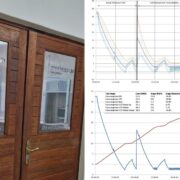
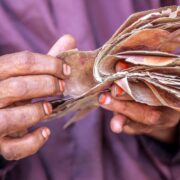
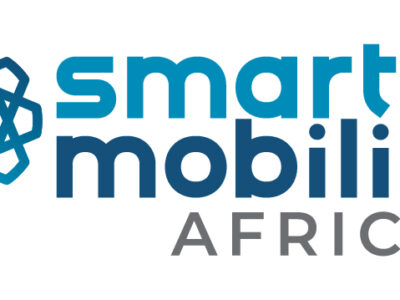
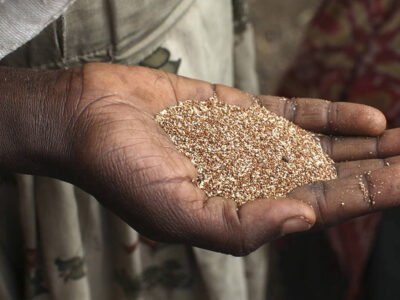
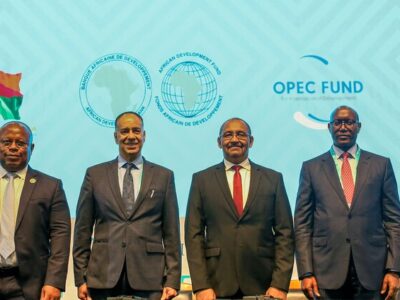
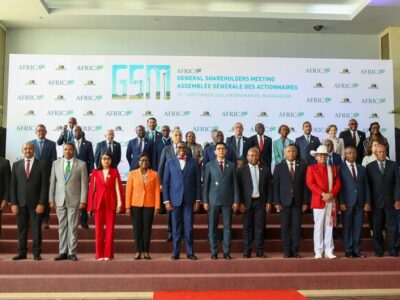

Comments